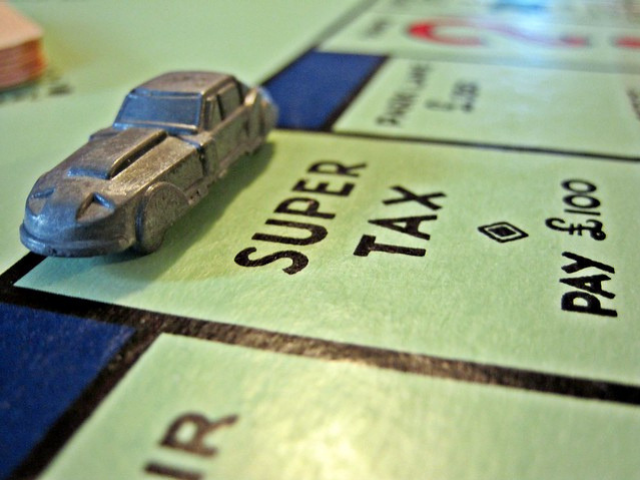Self-assessment tax return filing is something that comes around each year. However, despite knowing that it is something we need to think about, even the basics of it need to be considered. Therefore, when it comes to the tax requirements of a company director, do they need to file a self-assessment tax return?
If a return notice has been issued then it will be mandatory for a company director to file a tax return with HMRC.
What is also important is that all directors should inform HMRC that they have a liability to tax for a particular year of assessment. This has to be done by the 5th October after the end of the year of assessments. If this is not completed, then they could be hit with penalties as per Section 7 of the Taxes Management Act 1970.
What happens if a self-assessment tax return has not been received by a director and they do not have a tax liability? The guidance from HMRC states that a return will still need to be submitted for the last tax year they were a company director unless it was with a non-profit organisation and they received no pay or benefits, such as a company car.
There have been a number of instances where HMRC staff have insisted that a tax return is required for a director, even after there was no return notice issued and there was no more tax liability for that particular year.

Credit: Flickr
Despite this, the guidance is not consistent and not completely in line with legislation. The Taxes Management Act 1970 does not note any specific requirement for a director to register for self-assessment should there be no further tax liability for that year. Located within HMRC’s Manuals at EM4551, there is guidance available. This states that there is no need to notify chargeability where is no liability to IT or CGT or where sufficient tax has been deducted at source in order to meet the net liability for the year unless the taxpayer is liable to pay income tax at a rate other than the basic rate or savings rate, or the taxpayer is liable to a higher rate child benefit charge.
For directors, there is no exception to this. So, if a company director has no further tax liability for that tax year and no self-assessment tax return notice has been received from HMRC, then the director does not have to notify chargeability or submit a tax return for that year.
Should HMRC insist that a return has to be filed in these circumstances, then they should be referred to Section 7 TMA 1970 as well as their own manual. However, it is worth noting that changes were made to Section 7 from 2016/17 onwards to include the dividend tax rules.
Whatever the tax situation might be, you should always obtain the correct professional advice before making any decisions and proceeding. Neil Smith Accountancy provide tax and accounting services to small business owners throughout Essex and London, and can help with your self assessments as well as the taxes you are responsible for as a business. Get in touch by calling 01621 841 233 or sending an email to enquiries@neilsmithaccountancy.co.uk today, and see what we can do for you.

